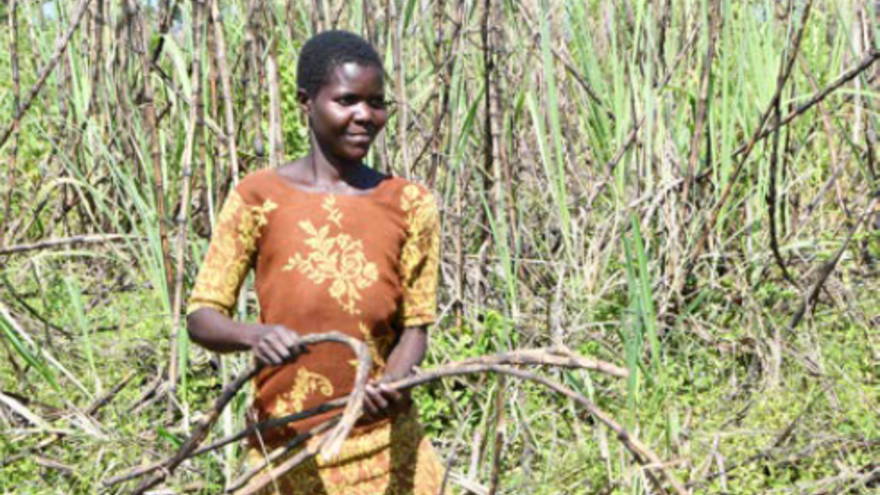Bioenergy offers a huge socio-economic and environmental potential for poor developing countries; however, as Miria Nakamya concludes in her new doctoral research, it requires effective government support and urgent improvement in crop yields.
The thesis evaluates the policies to promote bioenergy in developing countries and assesses the related impacts within the realms of sustainable development.
This topic is of significant importance to most developing countries, particularly Sub- Saharan Africa, with surplus land and the current unproductive and inefficient agricultural systems that provide room to exploit agricultural economies of scale through improved farming practices. Equally salient is the large population in agriculture and the shallow crop markets. Moreover, the heavy dependency on imported products increases vulnerability to world oil price volatilities amid meager foreign exchange earnings from cheap raw agricultural exports. Therefore, displacing imported fossil fuels with locally produced biofuels may improve the trade balance. Biofuels and the production of feedstocks may also enhance socio-economic well-being through employment, agricultural market expansion, and increased household income. From an environmental perspective, carbon sequestration and displacing fossil fuels may reduce greenhouse gases (GHGs), contributing to climate change mitigation. However, biofuel expansion may result in unintended consequences such as food scarcity, land-use change, and related emissions. Therefore, the benefits on the one hand and imminent tradeoffs on the other warranted an investigation across multiple sustainability spheres, aiming at maximum benefits and controlled risks.
Using the case of ethanol production in Uganda, the analyses reveal positive impacts on household income and Gross Domestic Product as well as prospects for an improved trade balance due to a decline in gasoline imports. Government intervention toward both ethanol processing and the agricultural sector, such as a feedstock and ethanol subsidy, is a suitable policy stance in the early development stage of the bioenergy industry. From the environmental perspective, ethanol would reduce fuel-related and national emissions even under land-use change. However, this only occurs with grassland conversion but not forestland. Finally, there is potential for enhanced household income, although this may be attenuated by increased commodity prices, reversing the positive impacts on poverty. Nevertheless, this latter effect is dampened with improved crop yields. Overall, ethanol is viable and potentially pro-poor for developing countries; however, there is an urgent need for improved crop productivity.
This research adds to the existing literature on bioenergy deployment for sustainable development, and the overall findings contribute to an evidence-based choice of feedstocks and sustainable production. This is also a significant step in moving forward the ethanol (bioenergy) discourse in Uganda and similar developing countries.
